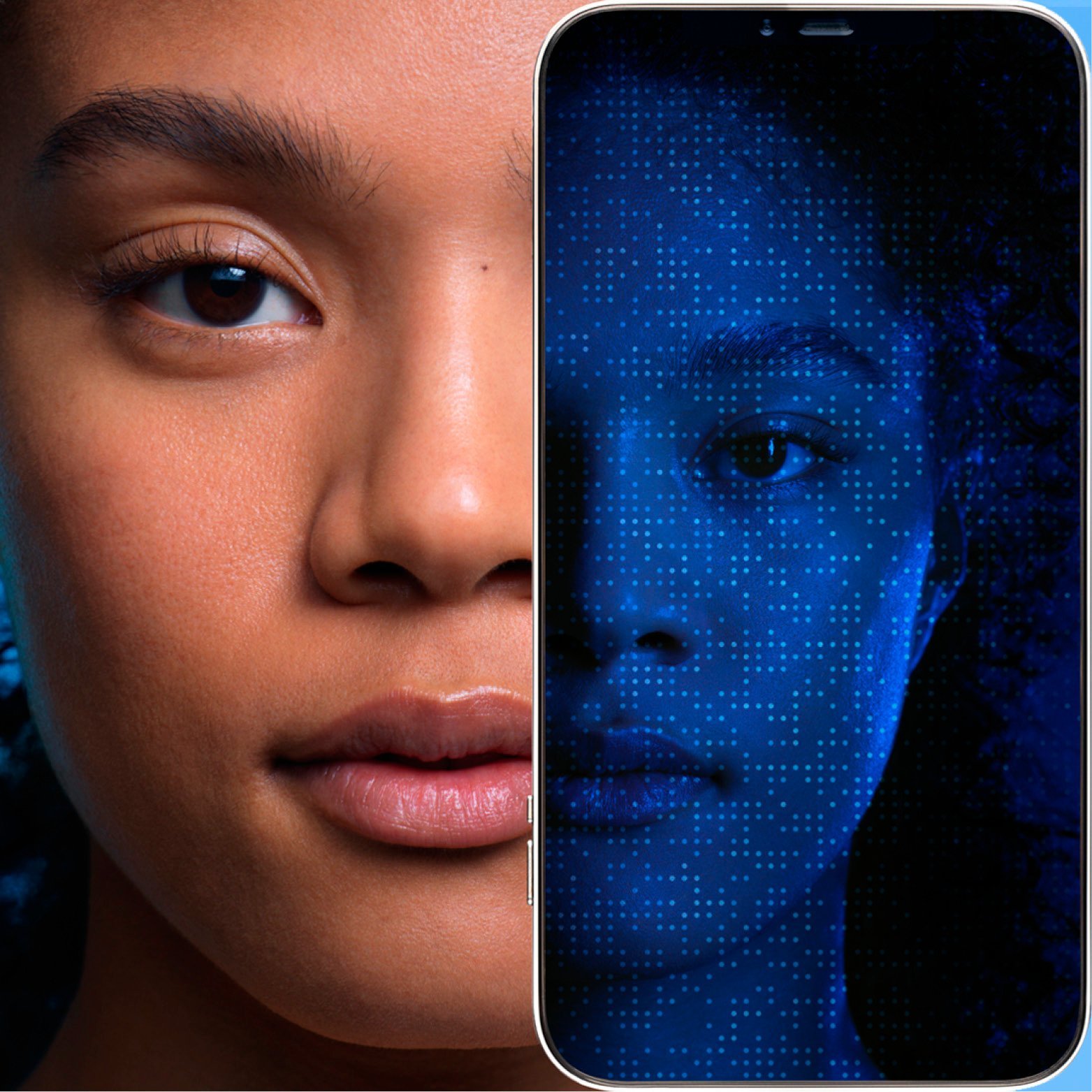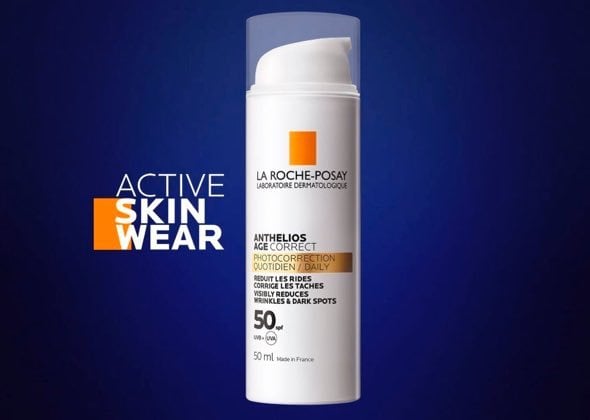WHAT CAUSES
ACNE?
Ever wanted to know what causes oily skin and pimples? The vast majority of acne is caused by hormonal changes that occur at puberty, as well as at other times of hormonal change, like before your period or during pregnancy for women. But it can also be brought on by other factors such as stress, fatigue, unsuitable skincare products, and certain medical treatments such as corticosteroids. Acne is genetic too: if your parents had it, it’s likely you’ll have it.
HOW HORMONAL ACNE
WORKS?
Hormonal acne is due to an imbalance of a type of hormone called androgens. These hormones make the skin much oilier. A certain amount of sebum (oil) is beneficial for the skin, protecting it with a waterproof layer. But at puberty, hormonal changes cause secretion to go into overdrive, making skin much oilier. The very same hormones cause an overproduction of corneal cells (surface skin cells) at the opening of the pore, causing it to become blocked. This is known as a comedone.
Click HERE to discover the different types of spot.
OILY SKIN AND THE BACTERIA
THAT CAUSES ACNE
Because of the blocked pore, or comedone, the sebum is no longer able to flow out as it would normally. The sebum in oily skin therefore becomes a food source for the bacteria that causes acne, P. acnes. Acne bacteria are “anaerobic,” meaning the oxygen-deprived environment of the blocked pore makes them feel right at home. Result? The blocked pore becomes infected. Acne blemishes such as raised papules (red bumps) or pustules (red bumps with a white head) appear, or even deep cysts in severe acne.
TYPES
OF ACNE
Acne falls into two basic types:
Retentional and inflammatory
Retentional acne consists of blocked pores or comedones. These fall into two types:
- Open comedones, known as blackheads, where the sticky mixture of cells and sebum darkens in contact with the air
- Closed comedones, where the mixture is sealed beneath the surface, forming what is known as a whitehead. Inflammatory acne consists of red, raised lesions often with a white centre (you might call them zits or pimples).
In adolescent acne, different types of blemishes often occur together and are associated with oily skin.
SEVERE
ACNE
Nodular and cystic acne
In severe acne, the inflammatory lesions form nodular or cystic acne (tender pus-filled lumps under the skin). This type of acne risks causing permanent scarring and should be treated by a dermatologist.
ACNE
WITH REDNESS
In response to the growth and multiplication of P. acnes bacteria, substances called inflammatory mediators or cytokines are released in the skin. These are messenger molecules that cause blood vessels to dilate, causing red acne marks. If your acne is associated with generalised redness, particularly across the nose and cheeks, you may have acne rosacea. See a dermatologist for a conclusive diagnosis.
DARK SPOTS
AND ACNE-PRONE SKIN MARKS
Have you ever noticed that acne can leave dark spots behind after the blemish has healed? Because of the inflammation caused by the bacteria that cause severe imperfections, if exposed to the sun (even in winter!), the skin can develop what is known as post-inflammatory hyperpigmentation. This term just means brown marks where spots were. That is why it is important to use a targeted skincare as well as sun protection if you have oily, acne prone skin. One clinically proven option is EFFACLAR Duo(+) SPF30, which combines acne-busting ingredients with a super light and non-oily sunscreen.
ANTIBIOTICS
FOR ACNE
If you have severe acne symptoms such as nodular or cystic acne, or if your zits and pimples are just getting too much, your doctor may prescribe antibiotics such as doxycycline. If you are on this medication, be sure to use SPF as it can make skin sensitive to the sun.
TIPS FOR OILY SKIN
AND ACNE PRONE SKIN
If you have spots and blemishes, ask your pharmacist about specialist dermo-cosmetic brands for oily and acne prone skin. As a general rule, to correct blemishes, the skin needs to be treated gently. Try following these essential daily rules and watch your zits disappear!
- Thoroughly but gently cleanse the skin with a product specifically formulated for oily skin such as EFFACLAR Micellar Water
- Use a skincare product every day such as EFFACLAR Duo(+). Consistency is the key to success
- Opt for non-comedogenic make-up such as TOLERIANE Make-up
- Protect the skin from the sun, which contrary to popular belief, is a false-friend to blemishes The sun may initially make the complexion look more even by causing the skin to tan, but it also thickens skin’s top layer and increases sebum production, creating the perfect conditions for imperfections. As such, sun protection is important in acne-prone skin management. EFFACLAR Duo(+) SPF30 is a targeted acne dermo-cosmetic care that incorporates SPF.
- Don't squeeze spots as this only worsens the inflammation and can leave scars to remind you of blemishes of days gone by
In addition to these measures, if your blemishes and imperfections worsen, your dermatologist or GP may also prescribe certain medicines to treat your acne-prone skin. Don’t hesitate to talk to him/her about it.
Click HERE to learn more about the causes of acne.
Click HERE for more information on acne treatments.







